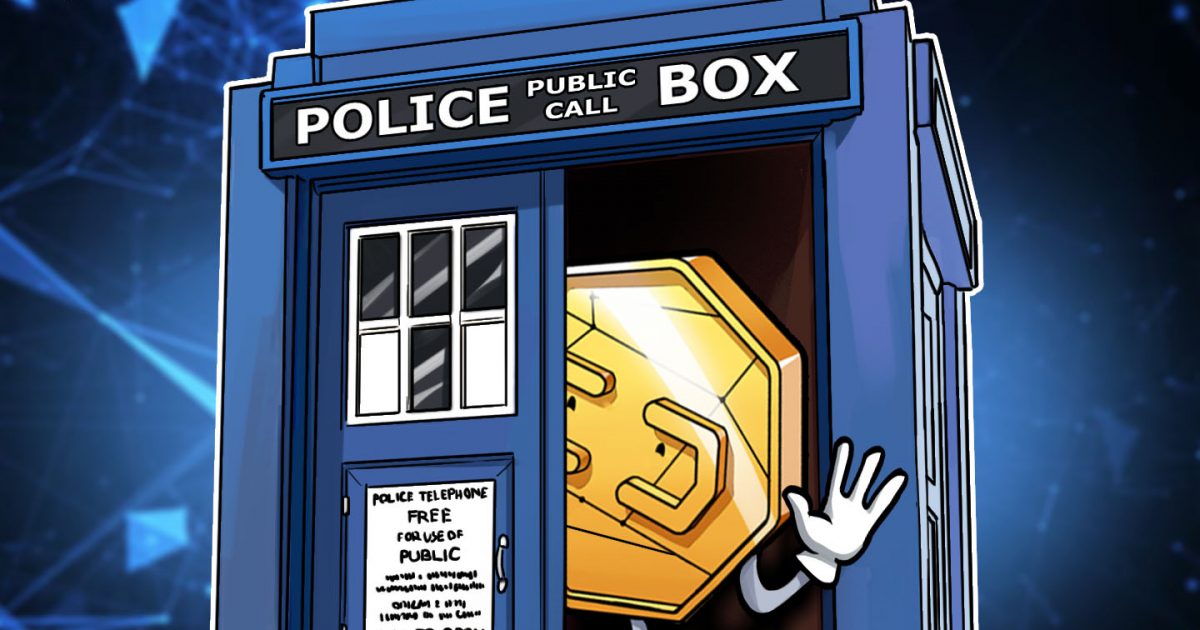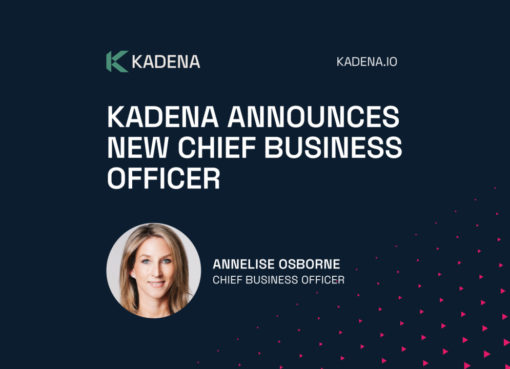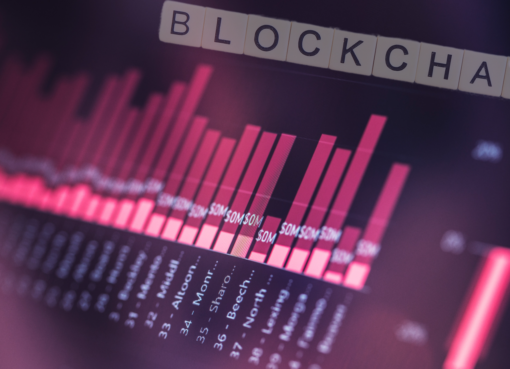Cryptox has been espousing the potential of nonfungible tokens for years. As you might expect from the leading independent digital media resource on all things blockchain and crypto.
But when a world-renowned organization like the British Broadcasting Company starts getting involved in the NFT market, one starts to understand just how revolutionary this technology could eventually be.
The BBC’s first foray into NFTs is a set of digital collectible trading cards featuring none other than Doctor Who, one of its best-loved and most globally recognized television characters.
Of course, the BBC doesn’t do things lightly, and quality is of the utmost importance in order to protect such a valuable IP, as development partner Reality Gaming Group found out.
Every one of the 200 hand-drawn artworks covering characters, objects and scenes from the show’s entire 57-year history had to gain approval from a plethora of sources before it could be finalized.
The web interface through which card packs can be purchased from today, Dec. 7, underwent a private development beta trial. And of course, Cryptox was there to see what all the fuss was about.
After registering for the site, users can find out more about the game, check out the entire deck of cards (sortable on a number of key attributes), or dive straight in and buy some card packs.
Four pack types are available that contain between five and 10 cards each, with certain packs guaranteeing that some or all of the cards will feature one of the rarer frame designs.
The collectability of a card derives from these frames. There is an unlimited supply of the five core frames, but a strictly limited number of the seven alien frames, which will only be available in the early stages of the sale.
These represent alien characters from the series including the Daleks, Cyber Warriors, Weeping Angels and the Tardis itself. All are visualized in three-dimensions and cards can be rotated to show off the artwork but also the frame.
Packs can be bought using PayPal, Visa and Mastercard, and cryptocurrency through Coinify.
The NFT trading cards are not aimed at crypto fans, but Doctor Who fans, although there is certainly likely to be some overlap. In registering for the site, users have already created a personal wallet, and opening purchased card packs will place those cards into the wallet without any need to understand the technology behind it.
After purchasing packs you will see them appear on the left-hand side of the screen next to a pulsating purple vortex.
Rolling over a pack causes it to rotate on its axis with another little vortex behind it making a satisfying electronic buzz. Clicking makes it crackle with electricity and caught me quite by surprise, causing me to let go again, before recomposing myself and dragging it into the void.
The pack bulges as the cards inside fight to get out, then explodes as it gets sucked into the void, revealing the backs of your five cards, or should I say the frames.
Rolling over the frames brings more delightful particle motion sparkles, compelling you to stop and wave your cursor around a little. Clicking each will spin it around in a satisfying reveal with more sparkles.
Attention to detail has not been spared.
A bespoke marketplace for the cards will be launched in Q1 next year and the NFTs will also be opened up for trading on Opensea.
But for many, the big draw for these digital collectibles is the fact that later next year they will be usable in a turn-based free-to-play tactical card game, with battles fought on digital tabletop boards depicting recognizable locations from Doctor Who.
Those building decks purely for future blockchain gaming need worry only about the cards and not the rarer alien frames, as these will have no impact on the gameplay. It was important to the BBC that this should not be a pay-to-win experience.
Whil the blockchain aspect is hidden in the background, the release of these trading cards is sure to bring an influx of Doctor Who fans into the NFT fold. And as fans of a sci-fi show, one would imagine that many consider themselves fairly tech-savvy, and will be curious to explore the other applications that this magical new world can open up.
The BBC is reportedly very excited about this new era, with John Kavanagh, BBC Studios Licensing Manager for Gaming and Interactive commenting:
“We’ve worked closely with Reality Gaming Group to deliver a fantastic opportunity to collect and own these beautiful cards and use them in a unique game experience.”




